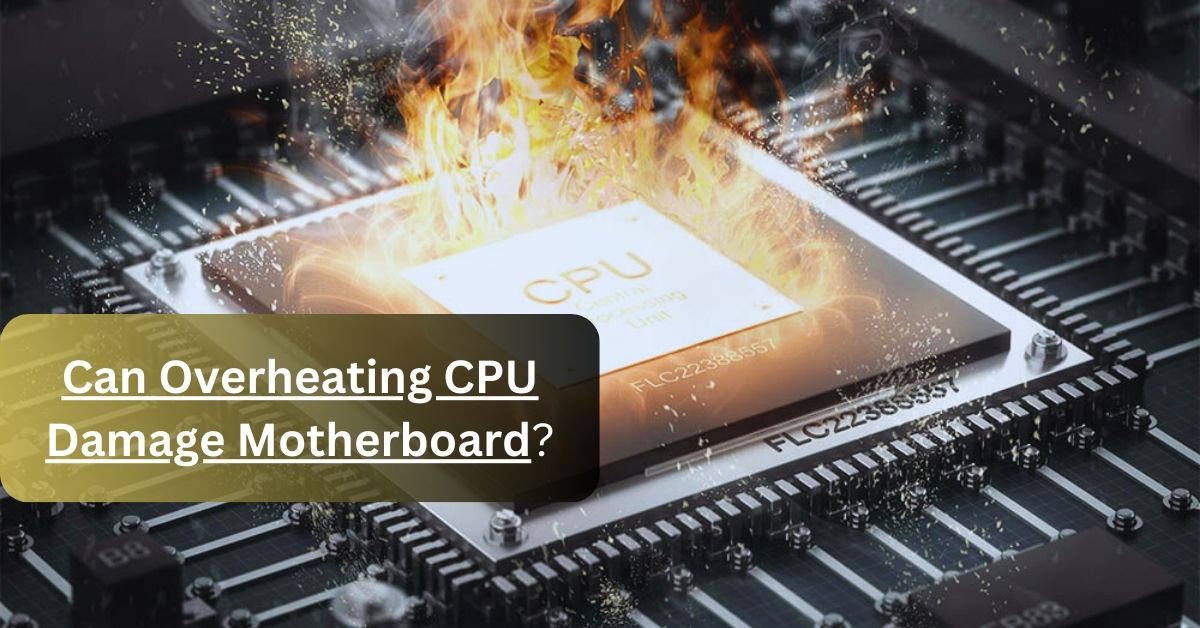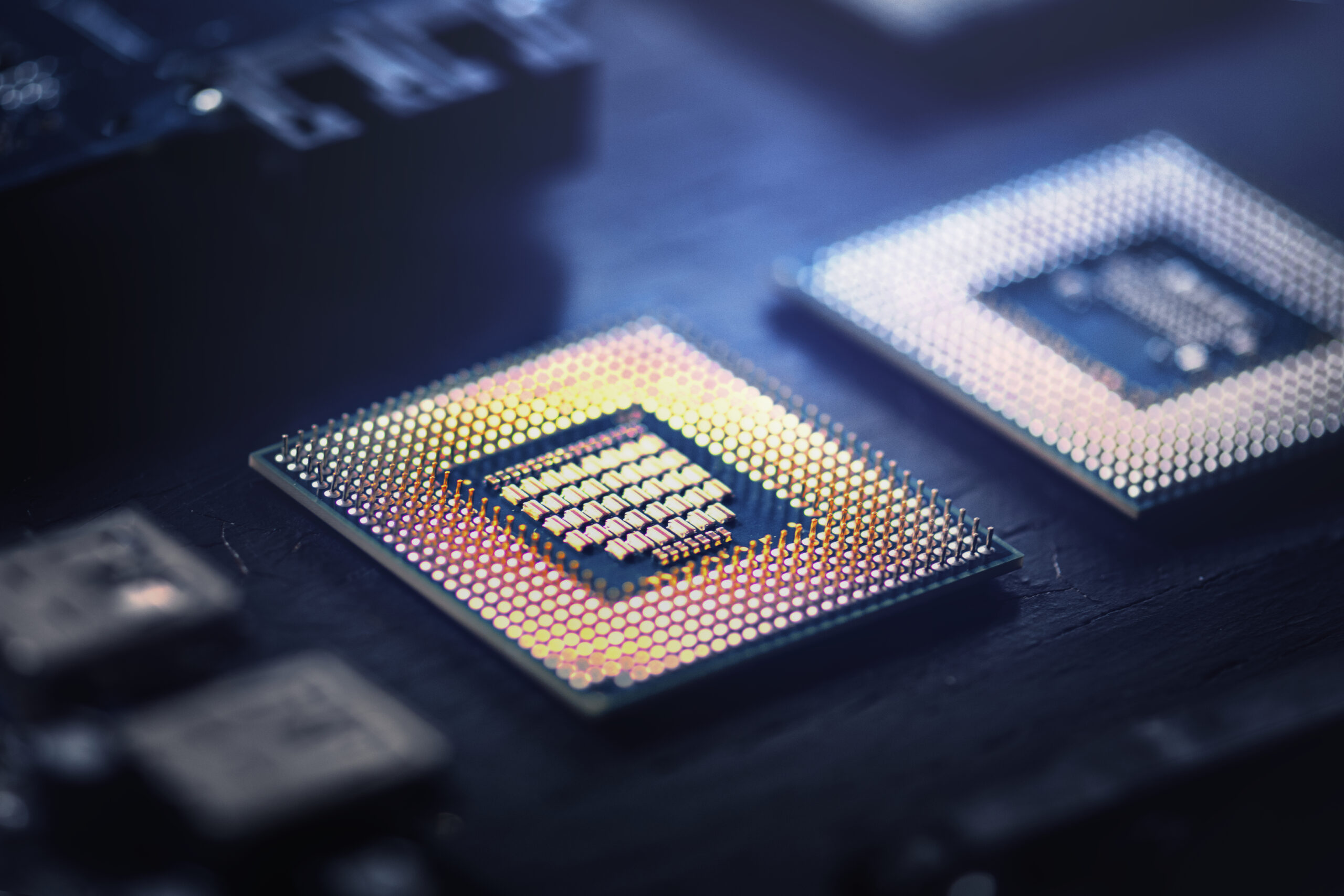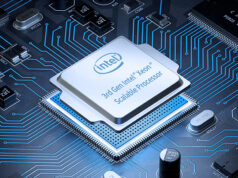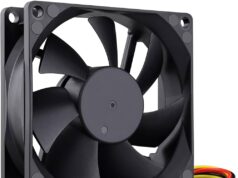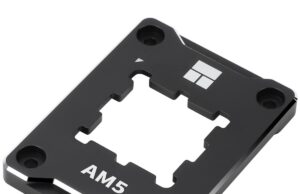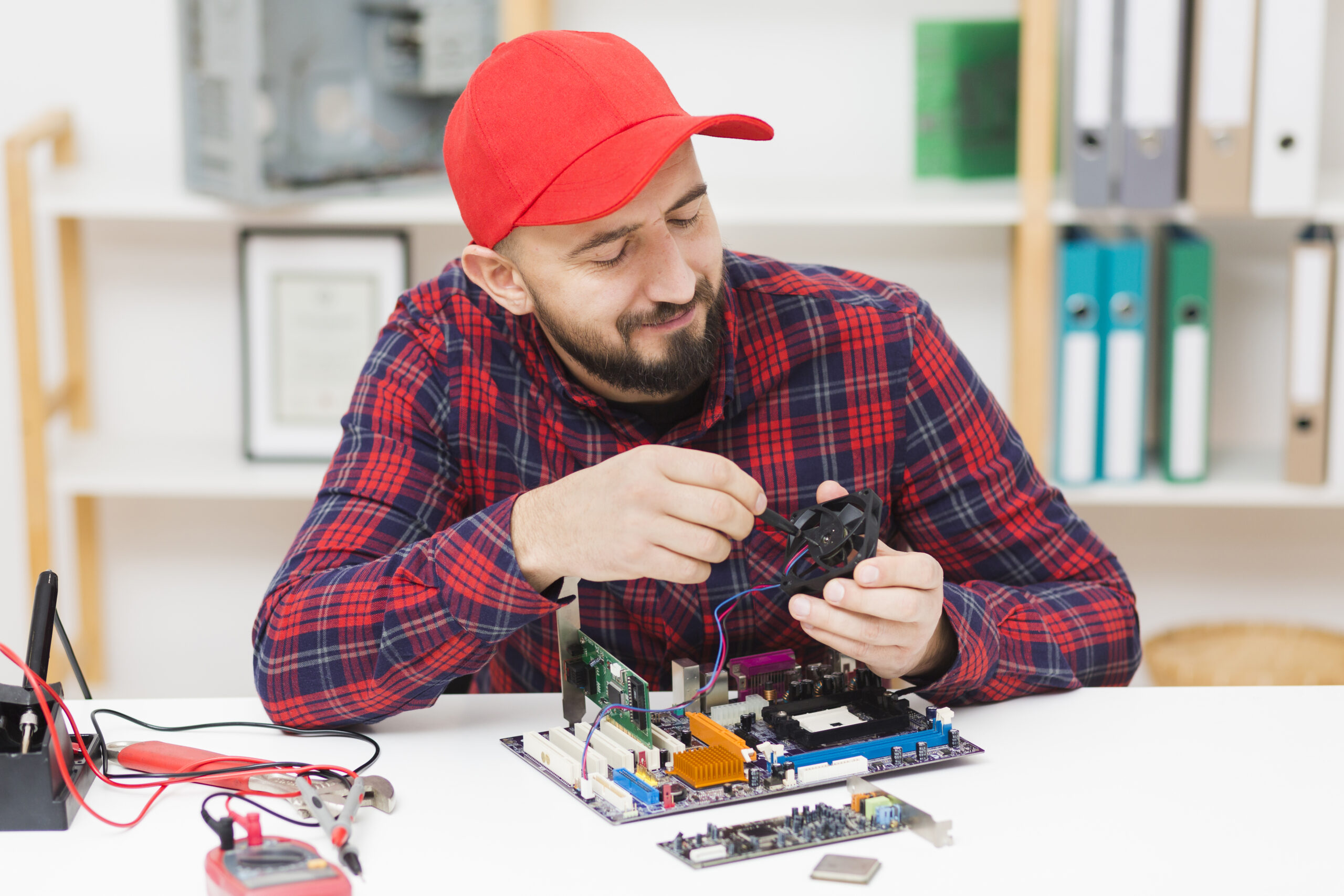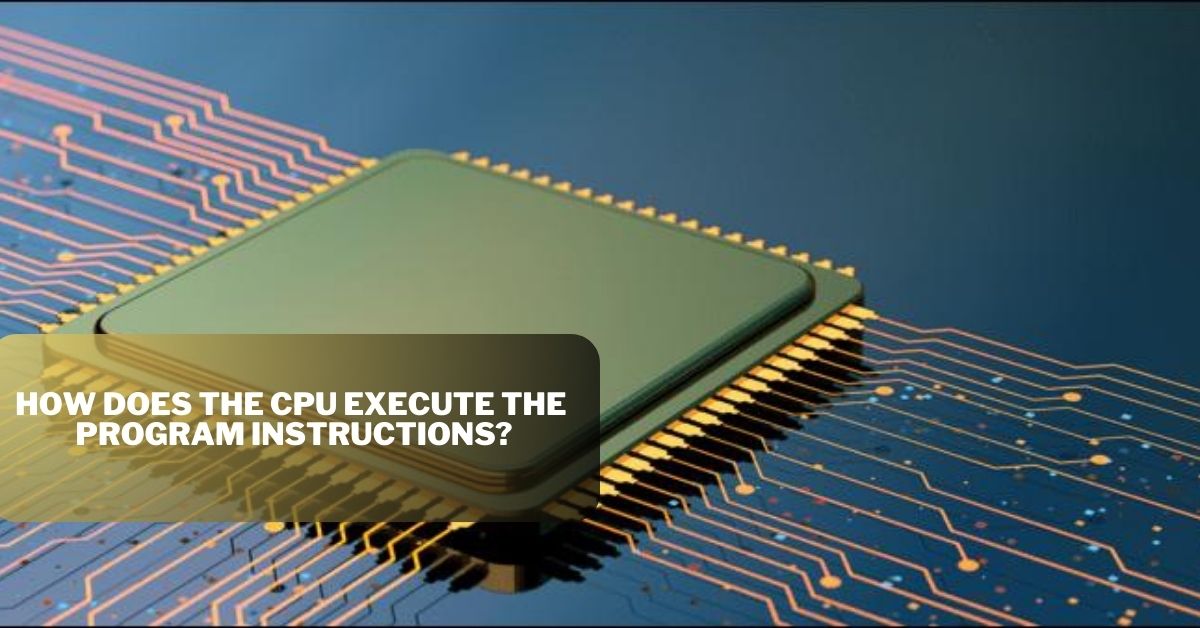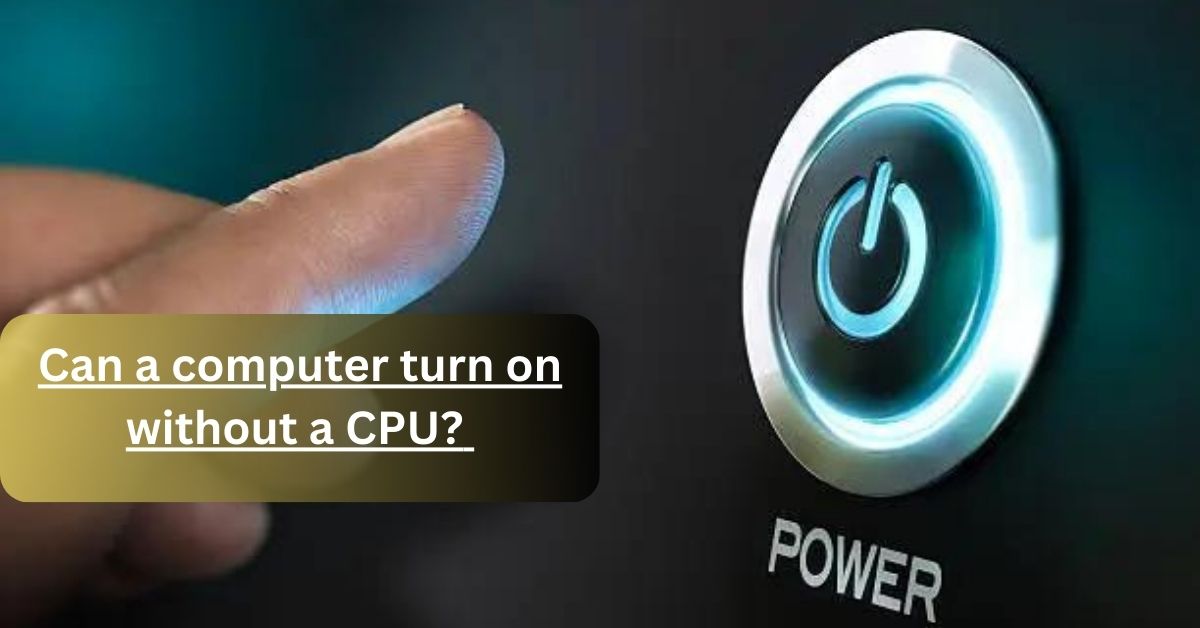Central Processing Unit ( CPU ) is a vital component of the computer system because it controls all the activity and performs all tasks of the computer system.
All the workload is on the CPU, that’s why it produces heat and it becomes overheated when there is any fault or no proper cooling system is installed.
It is the common question of many gamers or users how their CPU is overheated fastly. And how to prevent your system from overheating?
How you can determine if the CPU is overheated? If you want a detailed answer to these queries !! Here is the right place for you. Just read the complete article. I’m going to answer all your thoughts and confusion.
Now move to the main keyword, Can Overheating CPU Damage Motherboard? The answer is YES, overheating the CPU can damage the motherboard.
If the system is running, it produces heat and when it runs for a long it may be overheated. If you don’t take any action on time, It would be harmful as it can cause burning the whole CPU. Due to the excessive heat wires in the CPU start melting which results in a short circuit.
It is very important to maintain the temperature of the CPU by installing a proper cooling system to save yourself from any big loss.
What Can Cause CPU to Overheat?
There are several reasons which are responsible for the overheating CPU. Some of them are:
1. Ambient PC Temperature:
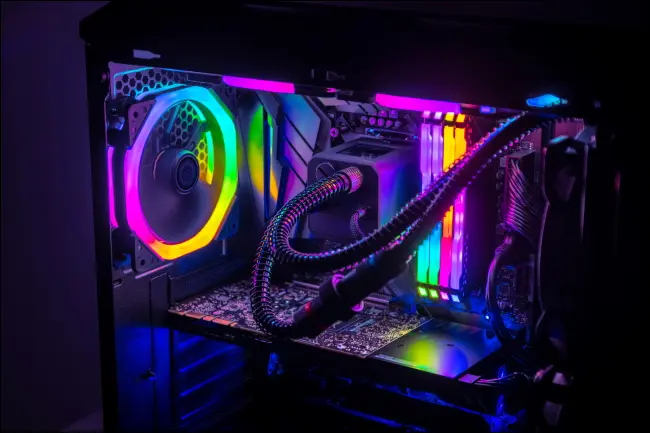
CPU is a component of the computer system, but it is attached to the motherboard, There are many other components present in the case of the motherboard, And not only the CPU, but many other parts also produce heat while running.
To control this heat, a cooling system is installed in the motherboard. If the cooling systems are not working properly, it can cause overheating and damage to the motherboard.
2. Overclocking:
In simple words, overclocking is a feature that is used to speed up the working. It can perform tasks according to the clock time, which means faster than its exact speed.
Overclocking produces more load on the processor, which produces more heat and causes overheating.
3. Failing Cooling System:
If you are working continuously and the CPU produces heat, It might be possible that your cooling system is not working properly or is not able to handle the excessive heat production, It may lead to overheating or may damage the Motherboard.
These are the common reason that comes nowadays which lead to overheating, To prevent your PC from damage, It is ambient to avoid these factors.
What Happens When A Motherboard Overheats?
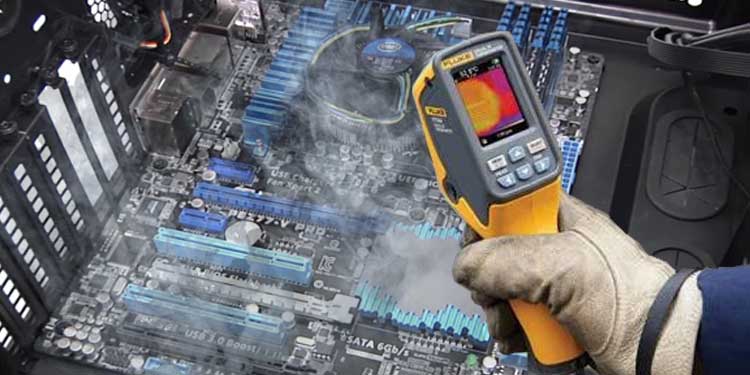
If you are unable to determine whether your PC is overrated or not, Here are some key factors for you. If you notice these errors, it means that your CPU is overheated.
Some common issues during overheating are:
- Your PC may shut down suddenly and restart again and again.
- You can hear the loud whirring sound of your cooling system.
- You can see the error message on your screen. Or your monitor screen turns blue and the display vanishes.
- You can also notice the straight graphical or pixelated lines on the display.
- You can check the overheating physically by touching it, When the CPU overheats it also impacts the Motherboard.
- Your system may crash or freezes due to excessive heat.
- Excessive heat can damage the mothoerboard or other hardware.
Overheating has a disastrous effect on your computer. It deceases the initial life span of your system. It is important to control overheating to prevent your PC from all these errors.
How do you prevent motherboard overheating?
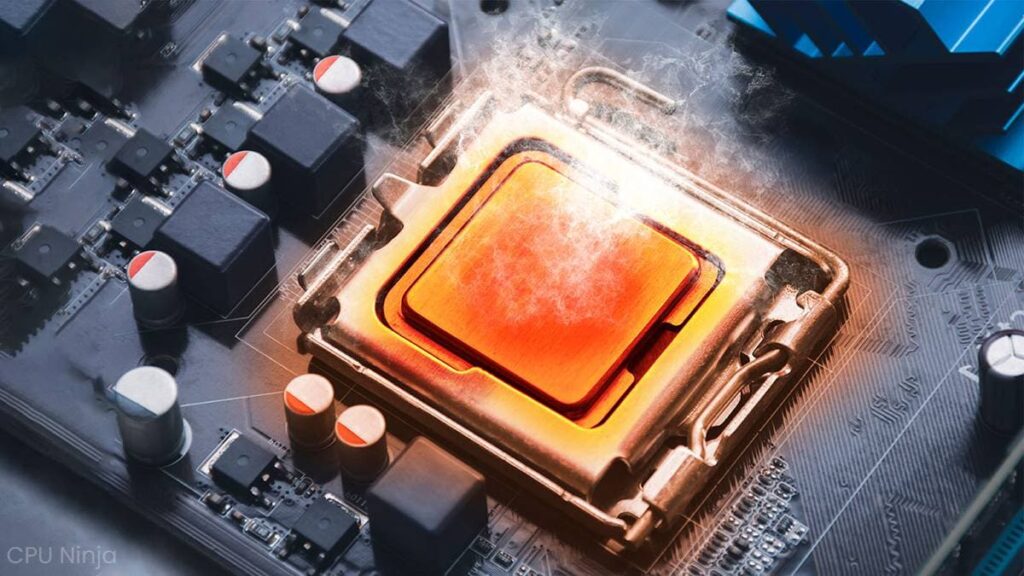
Depending upon the usage there are several that you can use to prevent your Laptop or PC from overheating.
You have to check your hardware regularly to control your processor and to forestall it from overheating.
Here are a few methods which you must follow to get the best performance:
- If you notice that your cooling system is unable to control the heat, there might be possible that the thermal paste is expired or not installed properly. You need to reapply the thermal. First, remove the old paste and then apply the new one.
- Upgrade your cooling fans. Check if the fans are not working properly, and identify and fix the problem.
- Reduce the overclocking. Overclocking makes a lot of load on the CPU or other hardware which results in great heat production. It is recommended to avoid overclocking if you want to save your gadget.
These are the ways for you which you can use to fend off overheating.
Conclusion:
By concluding all the points, it is concluded that Yes! overheating can damage the whole motherboard. Because heat is not only produced by the CPU, all other components can also produce which melts the wire and cause short circuit due to extra heat.
It is important to follow the precautionary measures before facing any big loss. If you want to get more about CPU and its components feel free to contact us…!!!
FAQ’S
At what temperature will a CPU be damaged?
The best temperature which is handled by a CPU is 80C. A temperature above 80C to 90C is considered normal but if it is continuously at 90C, It reduces the lifespan of the CPU. And above 90C, you need to check your device.
How do I know if my CPU is thermal throttling?
For this purpose, open the CPU monitoring app, and check the average temperature, power draws, and clock speeds.


